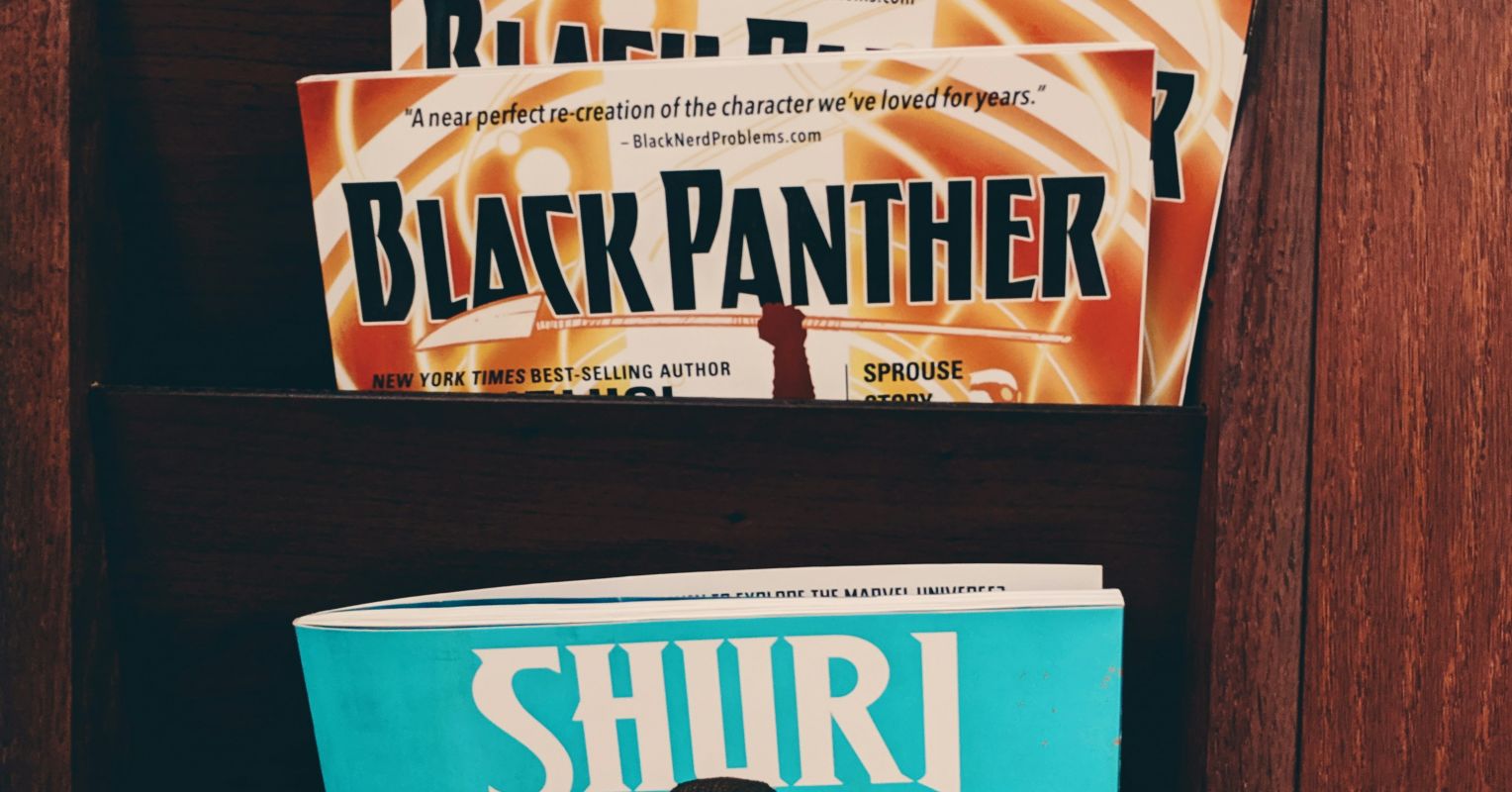
"There's a moment in Black Panther (2018) when T'Challa stands before his father in the ancestral plane, wrestling with what kind of king-and what kind of man-he's supposed to be. He's torn between duty and doubt, between the world's expectations and his own quiet hopes. That scene captures something I've seen, and lived, in real time. Many of us were raised to believe that strength is the only language we're allowed to speak."
"I call that the Hero/Complex. Not the "hero complex" often described in psychology-a label that reduces heroism to pride, ego, or self-sacrifice-but something more layered and necessary. Hero/Complex names the tension and duality that comes with being everyone's hero in a world that rarely sees your humanity. It validates the emotional labor, endurance, and resilience that survival has required-and challenges the belief that strength always comes without vulnerability, that leadership means never asking for help."
"It isn't a diagnosis or a disorder. It's a reflection. A mirror held up to the realities many Black men know too well: that the same traits that make us strong can also make us unseen. It's the quiet duality of being everyone's hero while few recognize the complexity-and the cost-of what that heroism requires. It's the burden of being both admired and misunderstood, expected to save, to lead, to endure, while few ever ask what that saving costs."
The Hero/Complex describes the tension Black men face when expected to be unwaveringly strong while their vulnerability remains unacknowledged. Strength is framed as the default language, and vulnerability is treated as a liability, creating pressure to fix, carry, and shield without complaint. The concept recognizes emotional labor, endurance, and resilience as necessary survival tools while warning that those same traits can silence needs and obscure humanity. Heroism in this context exacts a cost: it fosters invisibility, discourages rest, and turns asking for help into an act of rebellion against ingrained expectations.
Read at Psychology Today
Unable to calculate read time
Collection
[
|
...
]